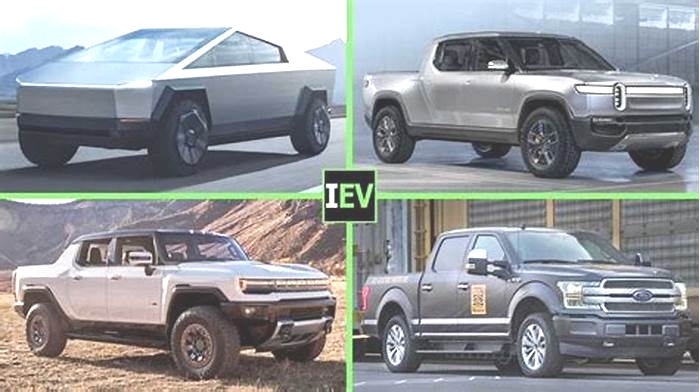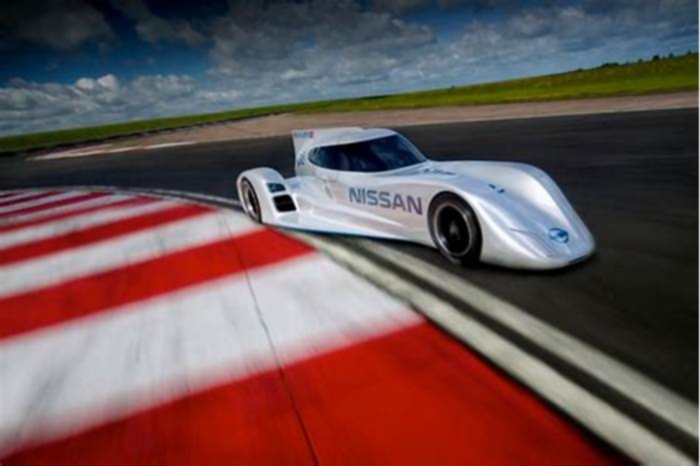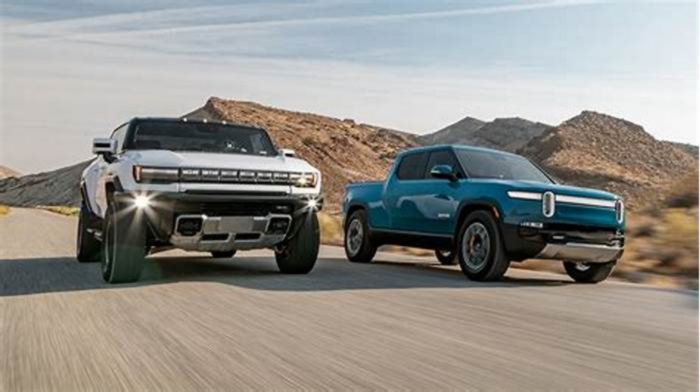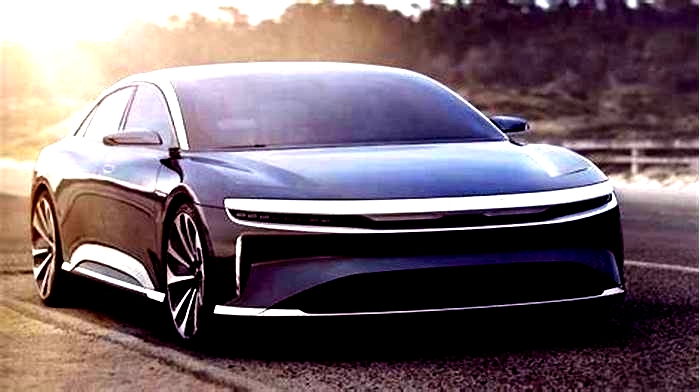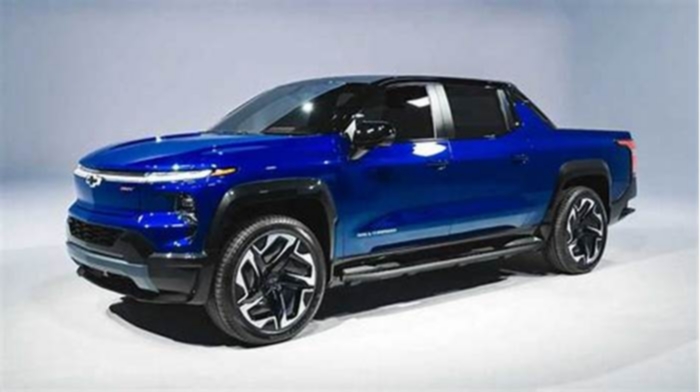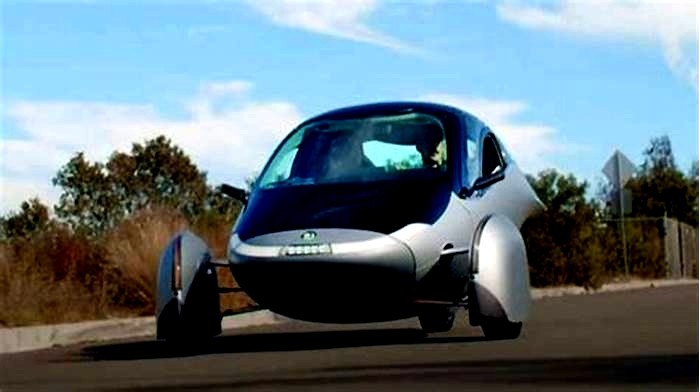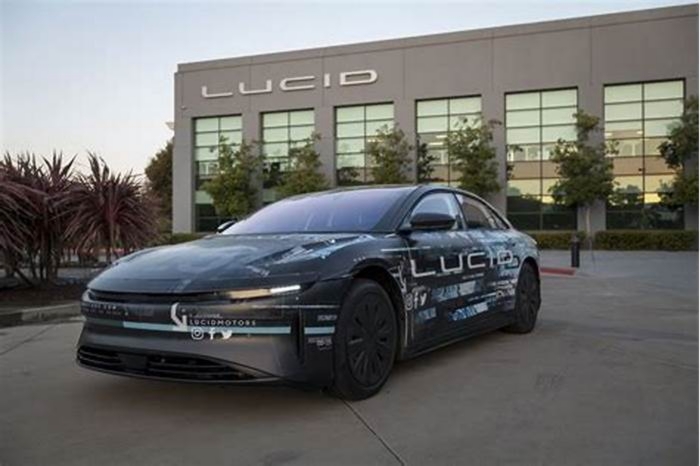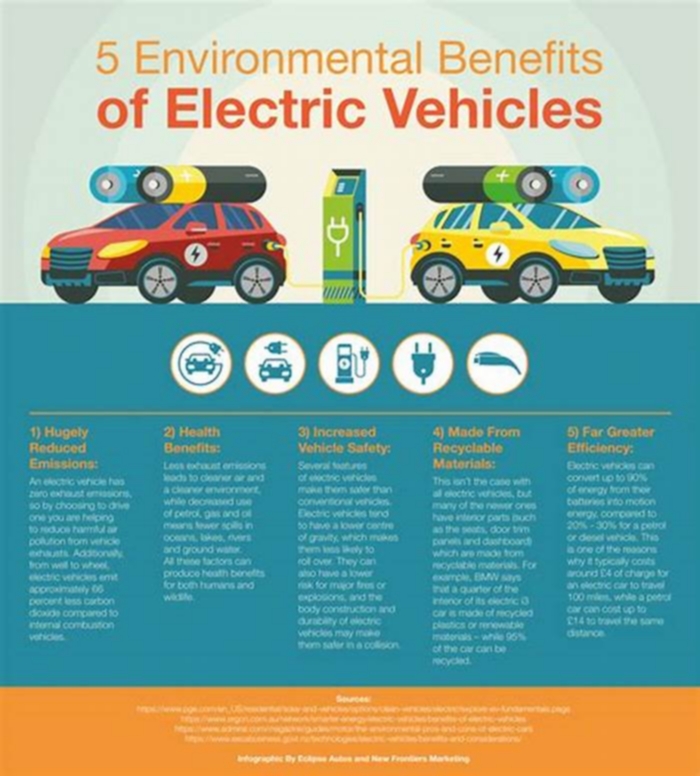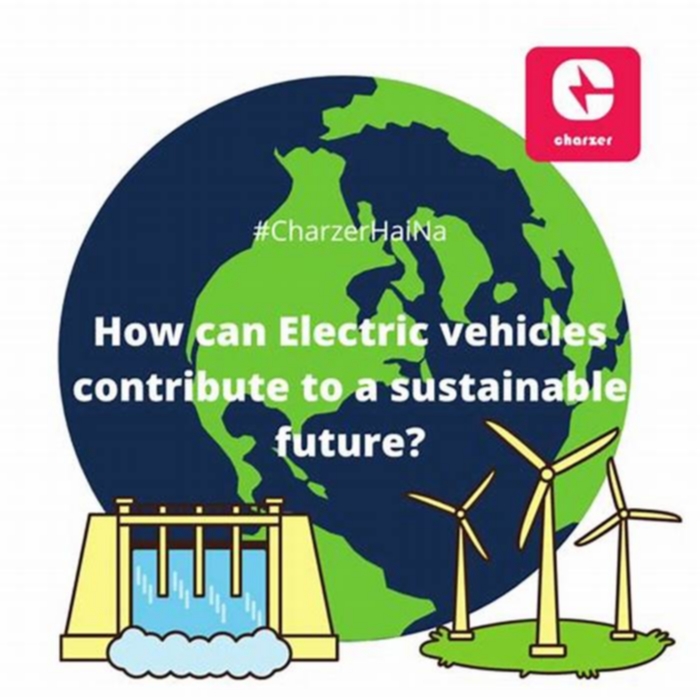Electric Delivery Trucks and Vans The Future of Sustainable Last Mile Delivery
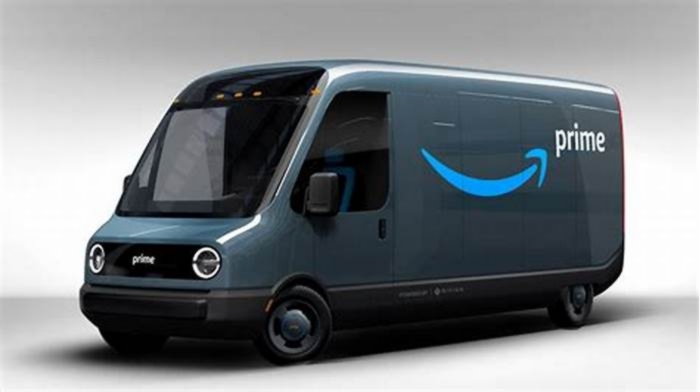
Future EVs That Deliver: Electric Delivery Trucks and Workhorses
Canoo has already unveiled plans for three separate models: a minivan-like Lifestyle Delivery Vehicle, a pickup truck, and the MPDV (multi-purpose delivery vehicle) line. The latter entails two models currently, the MPDV1 and MPDV2. The smaller MPDV1 claims 200 cubic feet of cargo space and a claimed driving range of up to 230 miles, while the MPDV2 boasts 450 cubic feet of storage area and brings less estimated range (up to 190 miles). Both will be available with three battery-pack choices: 40.0, 60.0, and 80.0 kWh. Canoo intends production to begin sometime in 2023.
Additionally, Canoo struck a deal with Walmart, which will purchase 4500 Lifestyle Delivery Vehicles to use in last-mile delivery beginning in 2023. The retail giant also has the option to purchase 10,000 additional Lifestyle Delivery Vehicles at a later date.
Electric Vehicles Are the Future of Last-mile Delivery
The rise of ecommerce has catapulted electric vehicles to prominence. Concern about greenhouse gas emissions is driving the move away from diesel delivery vehicles towards trucks and vans using alternative power sources. Electric vehicles with a range of up to 150 miles are ideally suited to last mile deliveries, those with a limited radius.
The State of Washington has enacted ground-breaking legislation that sets a target for all model year 2030-or-later passenger and light-duty vehicles sold there to be electric. The new law is the most aggressive in the U.S. for moving to an all-electric future and puts Washington five years ahead of Californias 2035 mark. Fifteen other states, plus Washington, D.C., require all new trucks, vans, and buses to be electric by 2050.
EV Manufacturers
Auto manufacturers are competing with start-ups to produce the most efficient and smart electric delivery vehicles. Volvo, Freightliner, Tesla, and Chinas BYD are among the companies producing heavy-duty semi-trucks for regional shipments. Volvos VNR design, engineered in Virginia, will have a range of 150 miles before needing a recharge of one hour.
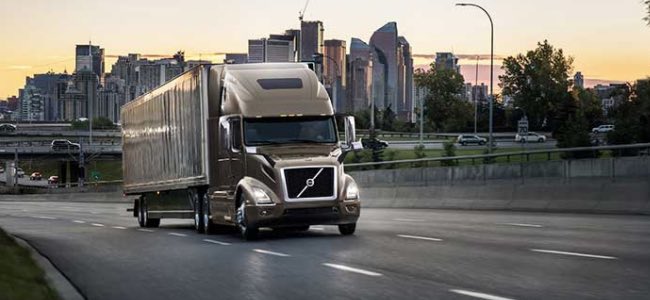
Volvos VNR semi-truck will have a range of 150 miles before needing a recharge of one hour. Image: Volvo.
Ford and GM are competing to launch smaller electric vans for last-mile delivery. Ford will roll out an all-electric version of its Transit van in 2022, and GMs BV1 is slated for production later this year.
GM has launched a subsidiary, BrightDrop, to focus on last-mile products vehicles, e-pallets, software. GM Chairman and CEO Mary Barra stated, We are building on our significant expertise in electrification, mobility applications, telematics, and fleet management, with a new one-stop-shop solution for commercial customers to move goods in a better, more sustainable way.
BrightDrop has reportedly received interest from multiple shipping and delivery services, with a firm commitment from FedEx.
A UPS subsidiary, UPS Ventures, is investing in Arrival, a U.K.-based manufacturer of EVs with advanced driver-assistance systems. UPS is buying 10,000 units from Arrival over the next four years for its North American and European fleets.
Rivian Automotive is a California-based start-up with direct backing from Amazon.
Amazon
According to Morgan Stanley analyst Adam Jonas, Amazon could become the worlds single biggest producer of CO2 emissions after Chinas coal plants. However, Amazon claims it delivered in 2020 more than 20 million packages in electric vehicles across North America and Europe.
The company plans to deploy 100,000 additional EVs by 2030, sourced from Rivian. It has started to road-test them in Los Angeles and San Francisco and aims to be in 16 U.S. cities by the end of 2021.
Amazon is working with Rivian to test the vehicles performance, safety, and durability in various climates and geographies. The current fleet of vehicles being tested was built at Rivians facility in Plymouth, Michigan, and can drive up to 150 miles on a single charge.
Everything you need to know about Amazons electric delivery vans from Rivian
Lee este artculo en espaol.
Amazon co-founded The Climate Pledge in 2019 and made a commitment to achieve net-zero carbon by 2040. As part of that Pledge, Amazon also announced a partnership with Rivian to bring 100,000 electric delivery vehicles on the road by 2030 and got to work on designing a new state-of-the-art delivery vehicle.
In three short years, a simple sketch turned into the custom electric delivery vehicles on the road today. With its commitment to have all 100,000 electric delivery vehicles on the road by 2030, Amazon will eliminate millions of metric tons of carbon per year.
Check out the following Q&As to learn more about Amazons custom vans and what Amazon is doing to decarbonize its transportation network.
When did Amazon first roll out its custom electric delivery vans? What is Amazons progress so far?
Amazon began rolling out its electric delivery vans in the summer of 2022 and now has more than 13,500 across the U.S.
Amazon has also brought the custom vans to Europe and recently announced more than 300 will hit the road in Germany, joining a fleet of thousands of electric vans already in operation in Europe.
How many U.S. cities currently have the custom vans delivering for Amazon? Where can you find them?
Amazons custom electric vans are on the road making deliveries in thousands of cities across the country, including Alpharetta, Austin, Baltimore, Boston, Cleveland, Charlotte, Chicago, Cincinnati, Dallas, Denver, Grand Rapids, Houston, Indianapolis, Kansas City, Las Vegas, Madison, Miami, Nashville, New York, Newark, Oakland, Omaha, Orlando, Philadelphia, Phoenix, Pittsburgh, Portland, Provo, Rochester, Salt Lake City, San Diego, San Jose, Santa Rosa, Seattle, St. Louis, Tampa and Toledo. Amazon is also rolling out vans in Anaheim, Green Bay, Lexington, and Silver Spring.
How many packages has Amazon delivered using its electric vans?
To date, Amazons vans from Rivian have delivered more than 580 million packages to customers in the U.S.
What are some of the most innovative features of the vans? How do the custom electric vans make deliveries easier and safer for drivers?
Amazons custom electric vehicles are packed with industry-leading safety, navigation, and design features, including the following:
- A safety-first design focused on superior 360-degree visibility, and vehicle features that protect drivers and pedestrians.
- A suite of innovative safety features, including sensor detection, a large windshield to enhance driver visibility, automatic emergency braking, adaptive cruise control, and collision warnings.
- First-of-its-kind embedded technology that fully integrates the delivery workflow with the vehicle, enabling seamless access to routing, navigation, driver support, and more.
- Features to enhance the driver experience, and create ease on the road, such as automatic door locking/unlocking as the driver approaches or leaves the vehicle, and a powered bulkhead door that opens when drivers reach their delivery location.
- Ventilated seats for fast heating and cooling.
- A strengthened door on the drivers side for additional protection and an ergonomically designed drivers cabin and cargo area for safe, easy movement inside the van.
Get a behind-the-scenes tour of an Amazon Delivery Service Partner drivers experience with our electric vans in Baltimore.
How many chargers has Amazon installed to support its electric delivery vans?
Amazon has installed over 17,000 chargers at more than 120 delivery stations across the U.S.
What else is Amazon doing to decarbonize its transportation network?
In addition to ordering 100,000 custom electric delivery vehicles from Rivian, Amazon has put more than 15 models of electric vehicles on the road, including delivery vehicles, e-cargo bikes, and e-rickshaws, to test and learn across the U.S., the European Union, and India.
Amazon remains committed to delivering products safely while continuing to innovate and find new ways to reduce packaging and increase recyclability. Since 2015, we have invested in materials, processes, and technologies that have reduced per-shipment packaging weight by 41%, on average, representing more than 2.1 million tons of packaging materials avoided.
Amazon is also investing in solutions like green hydrogen and other alternative fuel methods, such as ultra-low carbon electrofuels, for our delivery and operations.
Amazon also announced plans to invest more than 1 billion euros over the next five years to further electrify and decarbonize its transportation network across Europe, part of the companys work to deliver packages to customers more sustainably. The investment is also intended to drive innovation across the industry and encourage more public charging infrastructure, which will help enable the broader transportation industry to more quickly reduce emissions.
Learn more about Rivian as well as Amazons partnership with the electric vehicle automaker and our sustainable transportation efforts.
Amazons electric delivery vehicles from Rivian roll out across the U.S.
Customers across the U.S. will begin to see custom electric delivery vehicles from Rivian delivering their Amazon packages, with the electric vehicles hitting the road in Baltimore, Chicago, Dallas, Kansas City, Nashville, Phoenix, San Diego, Seattle, and St. Louis, among other cities. This rollout is just the beginning of what is expected to be thousands of Amazons custom electric delivery vehicles in more than 100 cities by the end of this yearand 100,000 by 2030.
Rivian CEO RJ Scaringe and Amazon CEO Andy Jassy check out the electric delivery vehicle at Amazon's headquarters in Seattle.
The vehicles are designed from the ground-up with safety, sustainability, and comfort in mind, and have been thoroughly tested by drivers across the country. They are the product of Amazons partnership with Rivian, which the companies announced in 2019 when Amazon co-founded, and became the first signatory of The Climate Pledgea commitment to reach net-zero carbon across our operations by 2040. As part of the Pledge, Amazon is creating a more sustainable delivery fleet, and its work with Rivian is an important part of decarbonizing its last mile logistics as well as accelerating innovation that can help others reach net-zero carbon. With its commitment to have all 100,000 electric delivery vehicles on the road by 2030, Amazon will save millions of metric tons of carbon per year.
Fighting the effects of climate change requires constant innovation and action, and Amazon is partnering with companies who share our passion for inventing new ways to minimize our impact on the environment. Rivian has been an excellent partner in that mission, and were excited to see our first custom electric delivery vehicles on the road, said Andy Jassy, CEO of Amazon. Today marks a significant milestone in our Climate Pledge commitment. Rivian was one of the first companies Amazon invested in through the Climate Pledge Fund, and were just getting started on our journey to have 100,000 of Rivians vehicles on the road by 2030. And, in addition to being sustainable, these new vehicles are also great for driversthey were designed with driver input and feedback along the way, and theyre among the safest and most comfortable delivery vehicles on the road today.
Today represents an important step, not just for Amazon and Rivian as partners, but also for transportation and the environment, said RJ Scaringe, CEO of Rivian. In 2019, Rivian and Amazon committed to fast-tracking a new type of delivery vehicle that would result in a significant reduction of carbon emissions. Thanks to our teams dedication, hard work and collaboration, and a shared commitment to make the world a better place for our kids kids, that vision is now being realized. To say this is an exciting moment is an understatementwere thrilled to see this partnership has kickstarted decarbonization projects across the logistics delivery industry.
Amazon has been testing deliveries with Rivian preproduction vehicles since 2021, delivering over 430,000 packages and accumulating over 90,000 miles. This significant testing has allowed Rivian to continuously improve the vehicles performance, safety and durability in various climates and geographies as well as its state-of-the-art features to ensure driver satisfaction, and overall functionality. Rivian has also completed certifications with the National Highway Traffic Safety Administration, California Air Resources Board, and U.S. Environmental Protection Agency.
The vehicle has first-of-its-kind embedded technology that fully integrates the delivery workflow with the vehicle, enabling seamless access to routing, navigation, driver support and more.
The custom vehicles are made at Rivians factory in Illinois, and include innovative technology and features such as:
- A safety-first design focused on superior 360-degree visibility, and vehicle features that protect drivers and pedestrians.
- A suite of innovative safety features including sensor detection, highway, and traffic assist technology, a large windshield to enhance driver visibility, automatic emergency braking, adaptive cruise control, and collision warnings.
- First-of-its-kind embedded technology that fully integrates the delivery workflow with the vehicle, enabling seamless access to routing, navigation, driver support and more.
- Features to enhance the driver experience, and create ease on the road such as automatic door locking/unlocking as the driver approaches or leaves the vehicle, and a powered bulkhead door that opens when drivers reach their delivery location.
- A strengthened door on the drivers side for additional protection, and an ergonomically designed drivers cabin and cargo area for safe, and easy movement inside the van.
- Batteries that are light, resilient, and low cost in addition to lasting the lifetime of the vehicle.
Amazon has added thousands of charging stations at its delivery stations across the country, and will continue to invest in building an infrastructure to support a more sustainable delivery fleet. Amazon has also partnered with the nonprofit CERES, and several other fleet operators to launch the Corporate Electric Vehicle Alliance, bringing together companies to accelerate the transition to electric vehicles.
Learn more about Rivian, as well as Amazons partnership with the electric vehicle automaker and our sustainable transportation efforts.

